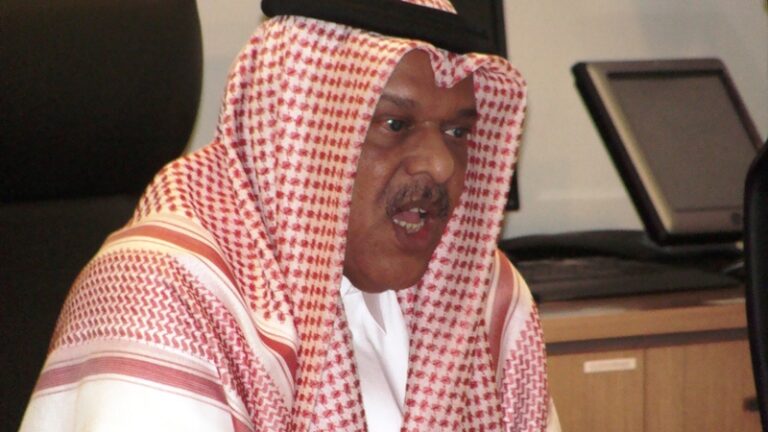The current International Conference on Climate Change and Human Rights has highlighted Qatar’s environmental protection strategies and policies.
Speaking during a panel session yesterday titled, “The efforts of the State of Qatar as a key player in the process of protecting the environment and its plans to move forward in cooperation with stakeholders,” Special Envoy of the Minister of Foreign Affairs for Climate Change and Sustainability H E Ambassador Badr bin Omar Al Dafa said Qatar has shown its commitment to environmental protection and sustainability with policies “that are likely to mitigate effects climate change on our societies and our lifestyles and natural resources.”
Al Dafa also said that because of the climate in the Middle East compared to other regions of the world, it would be challenging for some nations to meet certain climate goals.
Al Dafa highlighted Qatar’s assistance to organizations, funds, and governments in the fight against climate change. He mentioned Qatar’s membership in the Global Green Growth Institute (GGGI), donation of more than $2 billion towards the SDGs, and allocation of $100 million to help less-developed and small states deal with environmental and climate change challenges.
Read Also: germany-supports-energy-transition-to-protect-its-territory
“For four years, Qatar donated $20m to the international laboratory network of UNDP in 60 developing countries to address climate change and most pressing climate change issues,” Al Dafa added.
The Special Envoy also mentioned the country’s commitment to sustainable energy production and the ongoing project to build the largest blue ammonia plant with a capacity of 1.9 tonnes. He noted the shift to sustainable practices in countries that rely on fossil fuel or coal.
According to him, the next transition phase should be through LNG, and “Qatar will be the biggest exporter of a natural liquefied gas in the world,” he said.
Meanwhile, Bodour Al Meer, Executive Director of Sustainability at the Supreme Committee for Delivery and Legacy, also discussed the FIFA World Cup Qatar 2022 and sustainability issues. She noted that over 2,000 tonnes of waste were recycled.
Assistant Director of the Climate Change Department at the Ministry of Climate Change and Environment, Mahmoud Abdulaziz Al Marwani, discussed factors that impact climate change in Qatar and how the country has adapted to increasing temperatures and ensuring food security.
He noted that Qatar has embarked on diversifying its economy, prioritizing sectors like tourism, technology, and financial markets to shift reliance from oil and gas while ensuring the country’s budget and income aren’t impacted.
Al Marwani also said Qatar has put forward plans to ensure sustainable water production, protect biodiversity and ensure food security by partnering with stakeholders in the food industry.
Eng. Jawaher Mohammed Al Sulaiti from the Department of Waste Recycling and Treatment at the Ministry of Municipality discussed the country’s waste management system, which operates the largest in the Middle East and produces 50-megawatt electricity daily. She said Qatar produces 320 tonnes of waste daily, producing compost for sustainable energy.
Story adapted from The Peninsula
